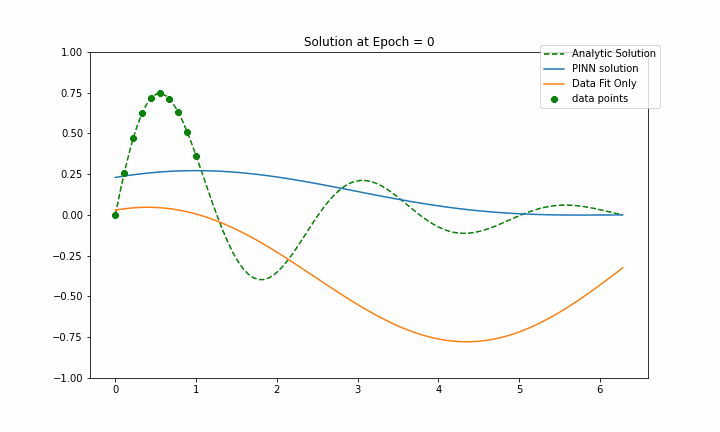Summer Research: Physics Informed Neural Networks
You can read the report here and the powerpoint summary here
Abstract
Deep learning and neural networks has seen explosive growth in recent years, thanks to the significant advancement in computer hardware and the highly parallelisable backpropagation algorithms. Furthermore, Neural networks are known to be universal approximators meaning with enough data and network size, any function can be arbitarily approximated to any accuracy.
Numerical simulation methods such as computational fluid mechanics (CFD), finite element method (FEA) and finite differences on the contrary have a much longer history and success in providing highly accurate predictions and results. However, numerical methods such as CFD and FEA tend to be very slow and often require significant model simplification and/or runtimes that can last for weeks.
However, in recent years, so called Physics informed Neural Networks (PINNs) have been implemented to solve PDEs and ODEs where it is infeasible to run numerical methods such as inverse modelling or fractional PDEs.
This summer research aims to examine the use of PINNs for inverse modelling to determine unknown quantities such as velocity of a flow field when only provided with partial information such as temperature. In particular, the project focuses on recovering the velocity field when only given the temperature field for temperature driven fluid flow.

